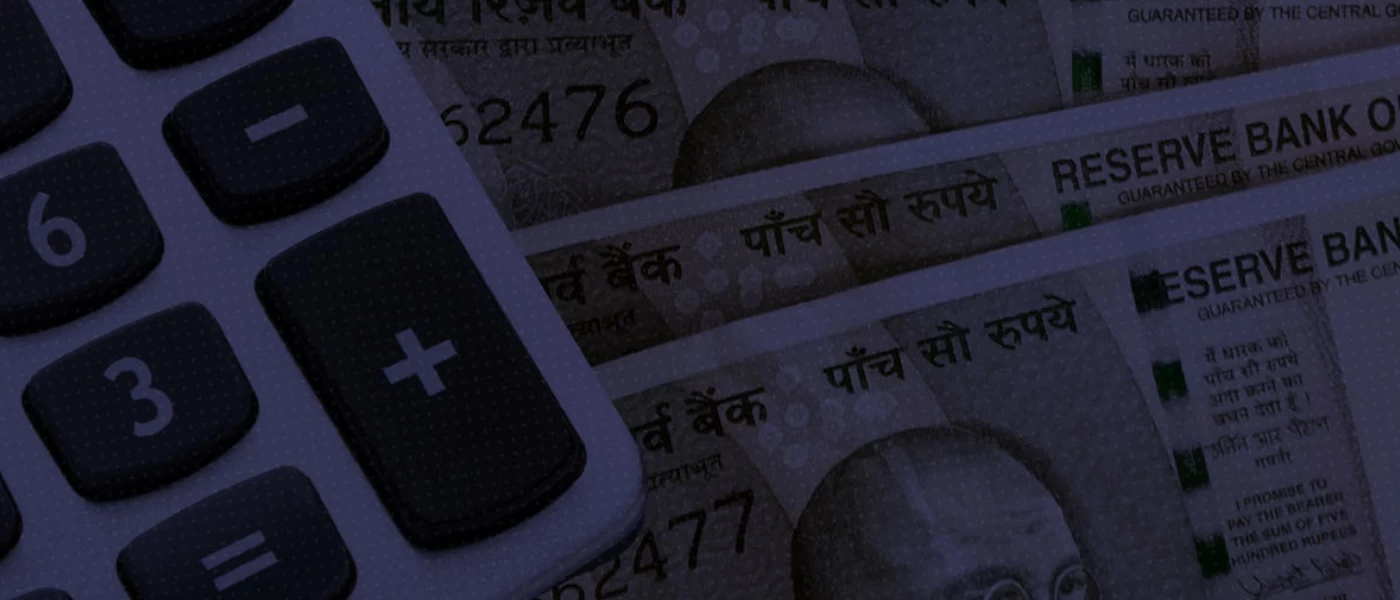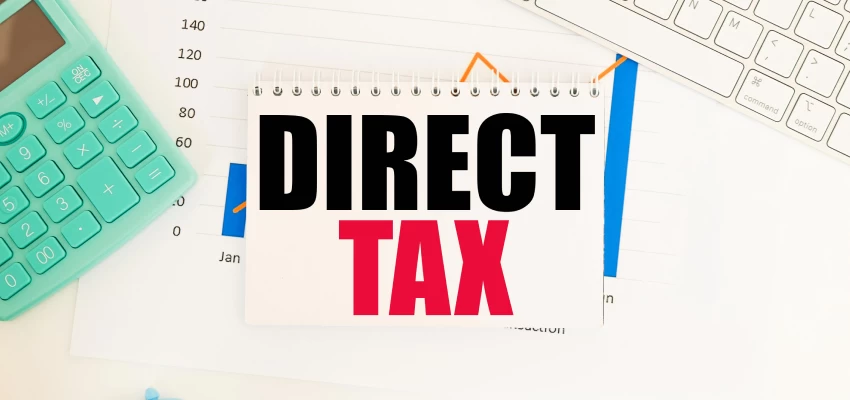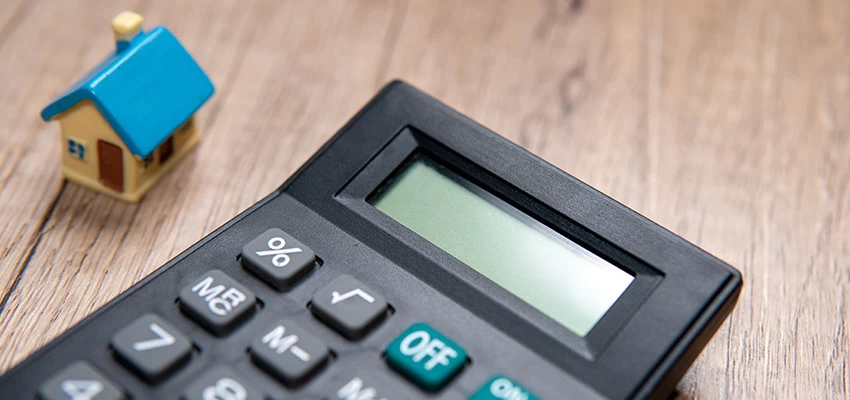Introduction
Under the overarching banner of ‘Transparent Taxation – Honouring the Honest’, the Central Government had introduced Faceless Assessment Scheme 2019, Faceless Appeal Scheme 2020 and the Taxpayer’s Charter. Moving forward, the Parliament had inserted sub-section 2A to Section 274 of the Income Tax Act, 1961 (‘Act’). This amendment empowered the Central Government for framing a scheme for e-penalty proceedings. Pursuant to this amendment, the Central Board of Direct Taxes (‘CBDT’) has announced the Faceless Penalty Scheme 2021[1] (‘Scheme’) effective from 12 January 2021.
Notable features of this scheme are:
- Proceedings conducted by dynamic jurisdiction through various units.
- A national unit to act as a focal point for all communication.
- Notices to be delivered via electronic communication i.e., SMS, E-mail, etc.
- Personal hearing via video conferencing to be granted in certain circumstances only.
- All communication between the units to be made electronically.
Structure for the Scheme
CBDT has proposed to set up the following ‘Centres’:
- National Faceless Penalty Centre (‘NFPC’) – Communication between the units and with the assessee, assignment of cases to penalty unit, decide on imposition or non-imposition of penalty after issuance of draft order and decide whether draft penalty order needs review.
- Regional Faceless Penalty Centres (‘RFPC’) will have administrative supervision over the penalty units and jurisdiction to decide on request for personal hearing.
- Penalty Units (‘PU’) will draft the penalty order. It will identify the points and issues, provide an opportunity of hearing to the assessee and analyse the material(s) on record.
- Penalty Review Units (‘PRU’) will review the draft penalty order. It will check whether the facts, relevant evidence, law, and judicial decisions have been considered in the order. It will also review the arithmetical correctness of computation of penalty.
Till the time these centres are set up by CBDT, the penalty proceedings will be undertaken by the centres and units set-up under the Faceless Assessment System[2].
Salient Features of the Scheme
Authentication and Delivery of Electronic Record: Electronic records can be authenticated by an assessee by electronic verification code or by digital signature.
All electronic communications will be made by the department by sending the authenticated copy to the assessee’s registered email address, or Mobile App, or on the registered electronic filing account on the portal (‘Registered Account’). The assessee will receive an alert of such communication by way of SMS, or an update on his/her email address or mobile app.
No Physical interface between the assessee and revenue authorities: An assessee will not be required to appear before any income tax authority. He/she will file the response against any communication through the Registered Account electronically. However, an assessee may apply for personal hearing to the Chief Commissioner / Director General of the relevant RFPC. If approved, the hearing would be conducted by video conferencing.
Team Based Proceedings: NFPC will act as a focal point of contact for all the parties of the proceedings. PRU will review the draft penalty order prepared by the PU.
Appellate Proceedings: An appeal against the order of NFPC can be made before the Commissioner (Appeals) having jurisdiction over the jurisdictional income tax authority or before the National Faceless Appeal Centre.
Dynamic Jurisdiction for Penalty Proceedings: The cases for penalty proceedings may be allotted to any PU under any RFPC by an automated allocation system. The case of an assessee can be undertaken from any part in India. For instance, an assessee in city A of State B may be assessed by a PU in city C of State D.
Procedure to be followed in penalty proceedings
- The income tax authority (‘ITA’) or the NFAC shall refer cases to NFPC. In these cases, the penalty proceedings would have either been initiated or been recommended for initiation.
- NFPC will assign the matter to a PU under any RFPC.
- In cases where initiation of penalty proceeding is recommended, PU will examine the materials available on record. It can either disagree with the recommendations (subject to recording reasons) or can agree with the recommendation and draft the SCN. PU will send the reasons or SCN to NFPC.
- In cases where penalty proceedings are already initiated, the PU shall prepare a draft show cause notice (SCN) and send it to NFPC.
- Depending on the PU’s proposal, NFPC can either serve the SCN on the assessee or decide not to initiate the penalty proceedings.
- The assessee must file the response to the SCN within the prescribed time limit. Extension of time can be sought by the assessee by applying to NFPC.
- NFPC will send assessee’s response to the PU and if no response is filed then it will inform PU about it.
- PU can now request NFPC:
- to obtain further information from the assessee or ITA/NFAC; or
- to seek technical assistance or to conduct verification.
- Upon PU’s request in point (5), NFPC can make appropriate requisition to the assessee or ITA/NFAC. For technical assistance or verification, NFPC shall request NFAC to furnish a report within a prescribed time-period. Information or report received by NFPC will be forwarded to PU.
- After considering all the materials on record including the responses and the report, PU may:
- propose for imposition of penalty and prepare a draft order; or
- propose for non-imposition of penalty and record the reasons.
- PU will send its proposal along with the draft order or the recorded reasons to the NFPC.
- NFPC has to examine the proposal in accordance with the risk management strategy by way of an automated examination tool. After examining it NFPC may decide:
- to pass the penalty order as per the draft, and serve the order to the assessee; or
- not to impose the penalty as per the proposal, and inform the assessee about it; or
- assign the case to a PRU under any of the RFPC for review.
- The PRU may either concur with the proposal or suggest modification to it and record reasons for such modification.
- If PRU has concurred with the proposal, then NFPC will pass an order as per PU’s proposal.
- If PRU has suggested certain modifications, then NFPC will assign the case to a specific PU other than the PU which initially proposed the imposition or non-imposition of penalty.
- The new PU will examine all the materials on record including the suggestions and reasons of the PRU. If modifications suggested by PRU are prejudicial to the interest of the assessee, the PU will follow the procedure from point (2.2) to (7) to prepare the revised draft penalty order. If modifications suggested are not prejudicial to the interest of the assessee, then the PU will prepare a revised draft penalty order. PU may also propose non-imposition of penalty and record the reasons for it.
- NFPC shall pass the penalty order as per the draft prepared by the new PU and serve a copy of the order to the assessee and the ITA/NFAC. If the NFPC has received reasons for non-imposition of penalty, then NFPC shall not impose penalty and inform the assessee and ITA/NFAC about it.
Regardless of the above-mentioned procedure, the Principal Chief Commissioner, or the Principal Director General (who is in charge of the National Faceless Penalty Centre) can transfer penalty proceedings to the income-tax authority / NFAC. The proceedings may be transferred at any stage with the prior approval of the CBDT.
Procedure to be followed in proceedings for rectification
An application for rectification of mistake can be filed with the NFPC by an assessee, PU, PRU or Income tax authority / NFAC. This application will be allotted to a PU for examination by NFPC. PU shall serve a notice to the assessee, if the application is filed by revenue and vice versa, to show cause why rectification should not be carried out. After the response to such notice is filed with NFPC and forwarded to PU, the PU will draft an order either to accept or reject the application. NFPC will receive the draft order along with reasons from PU. NFPC will pass the order and communicate it to the assessee.
Important points for the Assessee
- Assessee should ensure to put correct email ID and contact number in the e-filling portal.
- Assessee should regularly check the portal and keep a track of the timelines.
- As personal hearing may not be allowed in every case, prompt and detailed responses must be submitted against any notice. Facts must be explained in detail and all relevant evidence must be uploaded. Reliance on relevant judicial precedents must be explained properly in the response.
- As all the relevant documents have to be submitted electronically, they must be scanned and uploaded online carefully.
Authors’ view
The Scheme is expected to reduce the chances of error in penalty order and discretion of tax officer in the penalty proceedings.
Risk management Strategy and automated examination tool have not been defined in the Scheme. We would have to wait for CBDT’s clarification to get a better understanding.
The circumstances in which the assessee may be granted a right to personal hearing via video conferencing has neither been provided in the Scheme nor has been notified by the CBDT separately. Therefore, a suitable clarification is awaited. The lack of reasonable opportunity of being heard may be considered as violation of principles of natural justice and may become an issue of litigation.
[The authors are Principal Associate and Associate, respectively, in Direct Tax team, Lakshmikumaran & Sridharan Attorneys, Delhi]
- [1] CBDT Notification S.O. 118(E) [No. 02/2021/F.NO.370142/51/2020-TPL], dated 12 January 2021.
- [2] Sub-para(4) of Para (4) of the scheme. CBDT Order F. NO. 187/4/2021-ITA-I, Dated 20-1-2021.











